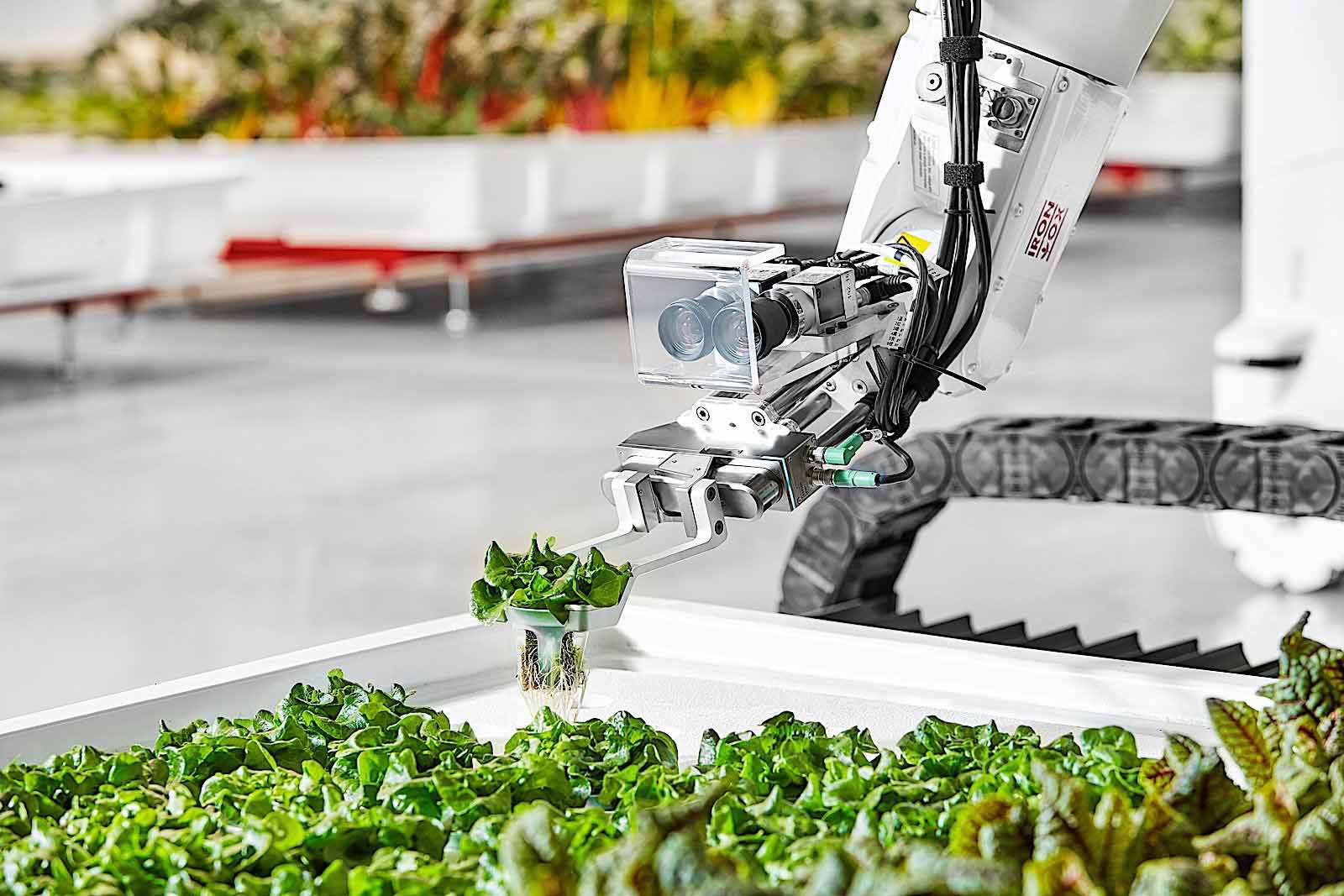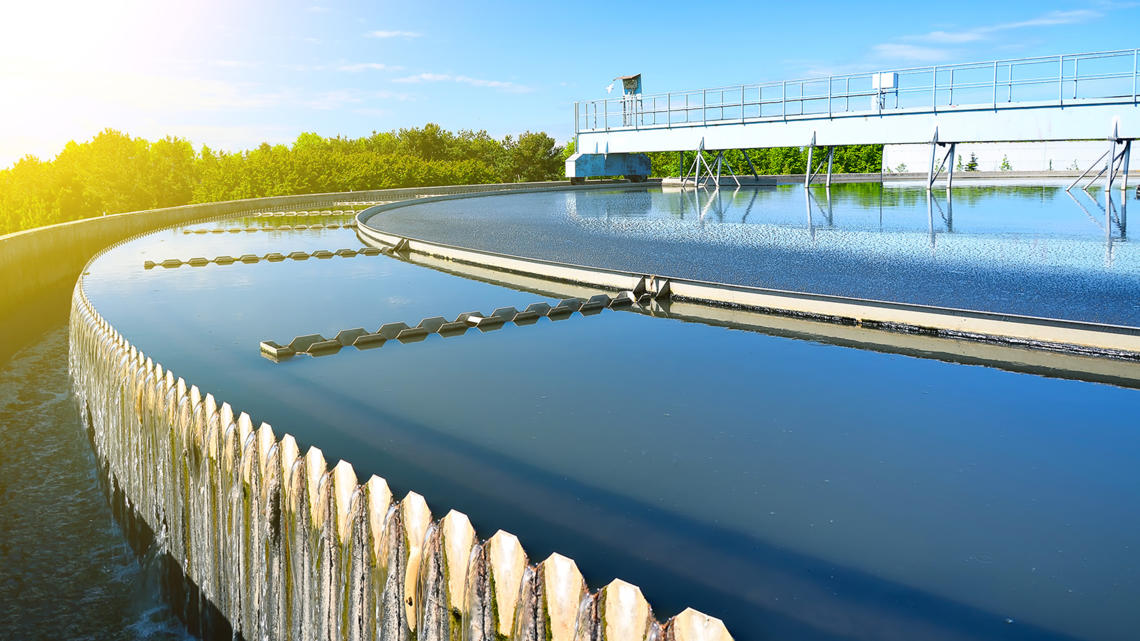Learn How 5G Will Change the Future of Farming
5G is a cellular mobile communication generation that succeeds 2G, 3G, and 4G. It is applicable in different industries including farming. 5G networks are faster than 4G.
It eases communication between distant devices.
Some farmers receive a bonus code for Caesars Casino once they install 5G technology in their farms. Here are five ways in which 5G will change the future of farming.
Livestock Monitoring
Animals wander off frequently in extensive farms. 5G enabled sensors can produce real-time data including the GPS positioning of livestock.
They will help farmers to store crucial information about all animals.
Some advanced systems will offer biomedical data on animals including body temperature, tissue resistivity, and pulse.
Crop Monitoring
Human population is drastically increasing globally. It leads to an increase in demand for food. Farmers should consider the growth requirements of various crops to have bountiful harvests.
They can apply 5G solutions to improve crop production reduce costs and waste.
You can easily monitor the condition of the soil in your farm to plant crops through your tablet or smartphone. Most farmers struggle to address fungus, irrigation, and soil variation issues.
Drones with MEMS sensors, GPS technology, and powerful sensors are useful in monitoring vast farms.
Water Management
Most farms have extensive irrigation systems. It is prudent to use your remote sensors to control data. You can use a remote sensor to analyze the nearest water source and to determine its water volume.
For instance, Chile is known for its horticultural exports.
Blueberry is among the leading fruits it exports globally. Recent research reveals that the use of 5G remote sensors has greatly the amount of water used in irrigation by 70 percent.
Farmers bury the sensors to monitor certain soil conditions such as ph.
Fertigation
Fertigation involves injecting fertilizers and soil amendments into the soil. You could use a 5G solution to control the number and amount of fertilizers you inject.
Also, fertigation enables you to regulate fertilizer concentrations, soil ph and to adjust them to ideal levels.
Pest Control
Pest control is a major challenge for most farmers. Fruit flies and greenflies are common in orchards.
Some people integrate 5G automation to control such pests. It improves the efficacy of applying pesticides thus saving money and time.
For example, fruit farmers in Slovenia use 5G sensors to manage pests to increase crop production.
5G has gained popularity worldwide in recent years. Projects such as the Hands-Free Hectare project successfully planted and harvested crops without any people tilling the land.
The reported had its first harvest in 2018. It aims at applying 5G to improve the efficiency of crop spraying. The technology will make modern farming more sustainable.




















